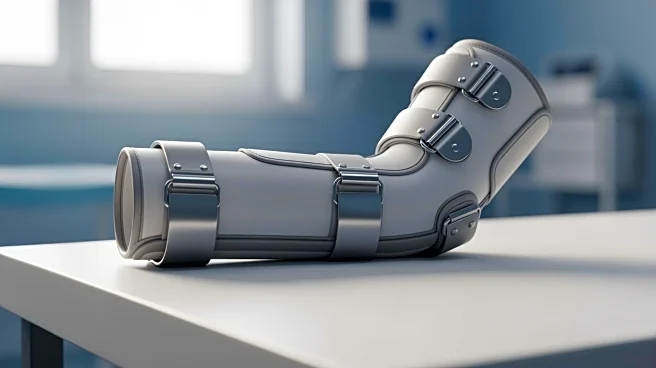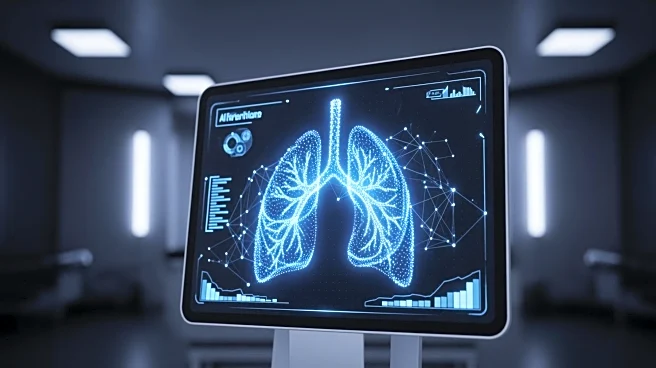What's Happening?
The University of Denver Athletics organized a 'Teddy Bear Toss' event during a Pioneers hockey game at Magness Arena. This initiative was part of the launch of the Together for Colorado Toy Drive, aimed
at collecting toys for children in need. The event was held in collaboration with the Boys & Girls Clubs of Metro Denver, engaging community members in the spirit of giving during the holiday season. Attendees were encouraged to bring teddy bears and other toys to the game, which were then collected and distributed to local children through the toy drive.
Why It's Important?
The 'Teddy Bear Toss' event highlights the University of Denver Athletics' commitment to community engagement and support for local charitable initiatives. By partnering with the Boys & Girls Clubs of Metro Denver, the university is helping to ensure that children in the area receive gifts during the holiday season, which can be a challenging time for families in need. This event not only provides tangible support to the community but also fosters a sense of unity and generosity among attendees, encouraging them to participate in charitable activities.
What's Next?
Following the successful launch of the toy drive, the University of Denver Athletics and its partners may continue to host similar events to maintain momentum and increase toy donations. The collected toys will be distributed to children in need, potentially expanding the reach of the initiative to more families. Community members and local organizations might be inspired to contribute further, either through donations or by organizing additional events to support the toy drive.
Beyond the Headlines
The 'Teddy Bear Toss' event underscores the role of sports organizations in promoting social responsibility and community involvement. Such initiatives can have long-term impacts by encouraging young athletes and fans to engage in charitable activities, fostering a culture of giving and empathy. Additionally, the collaboration between educational institutions and community organizations can serve as a model for other regions looking to enhance their local support systems.









